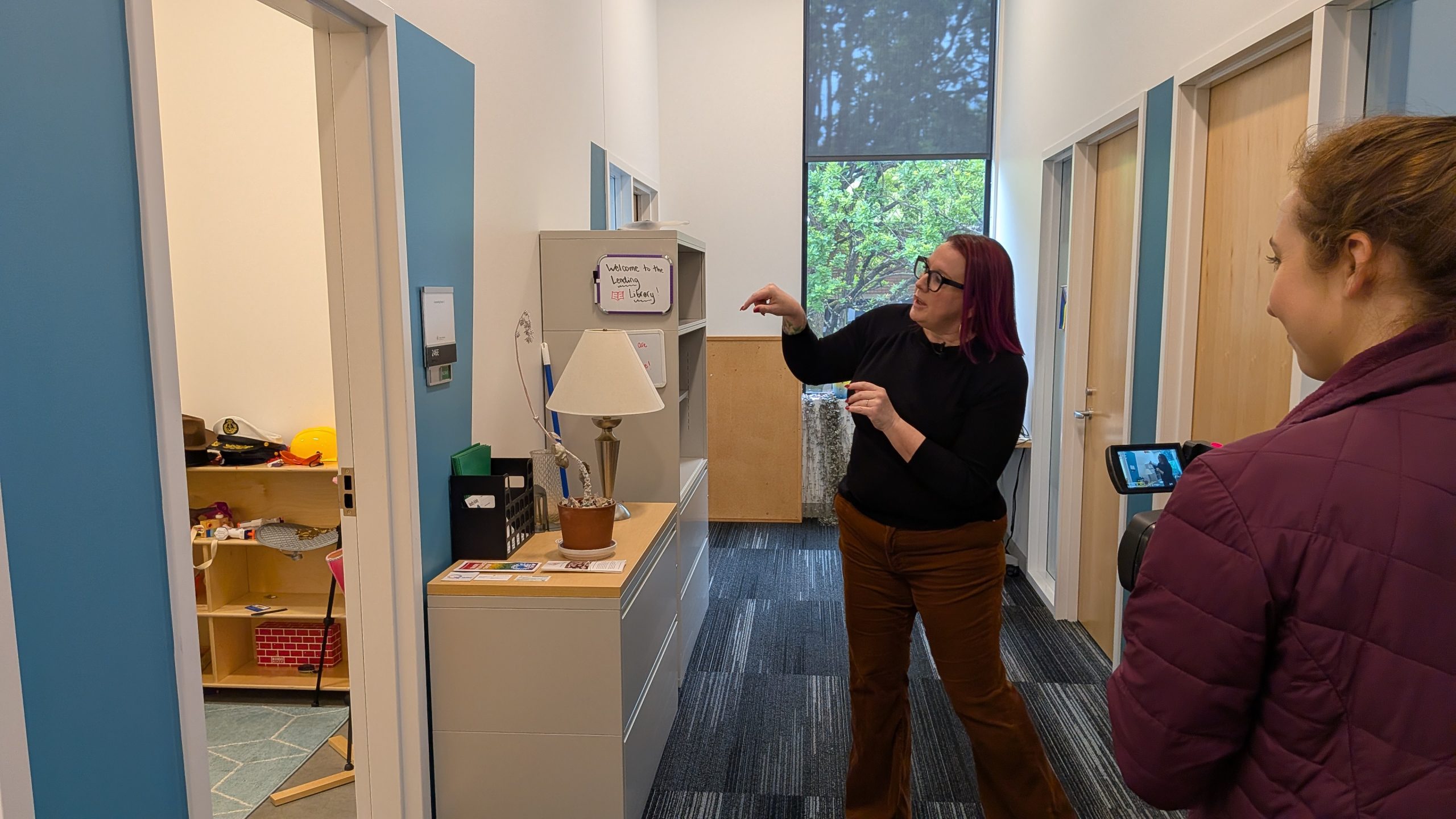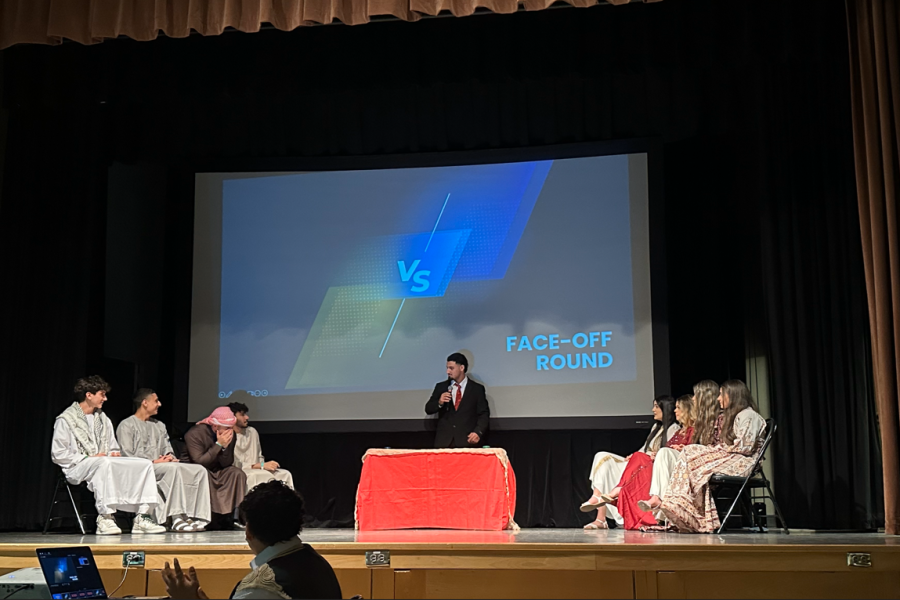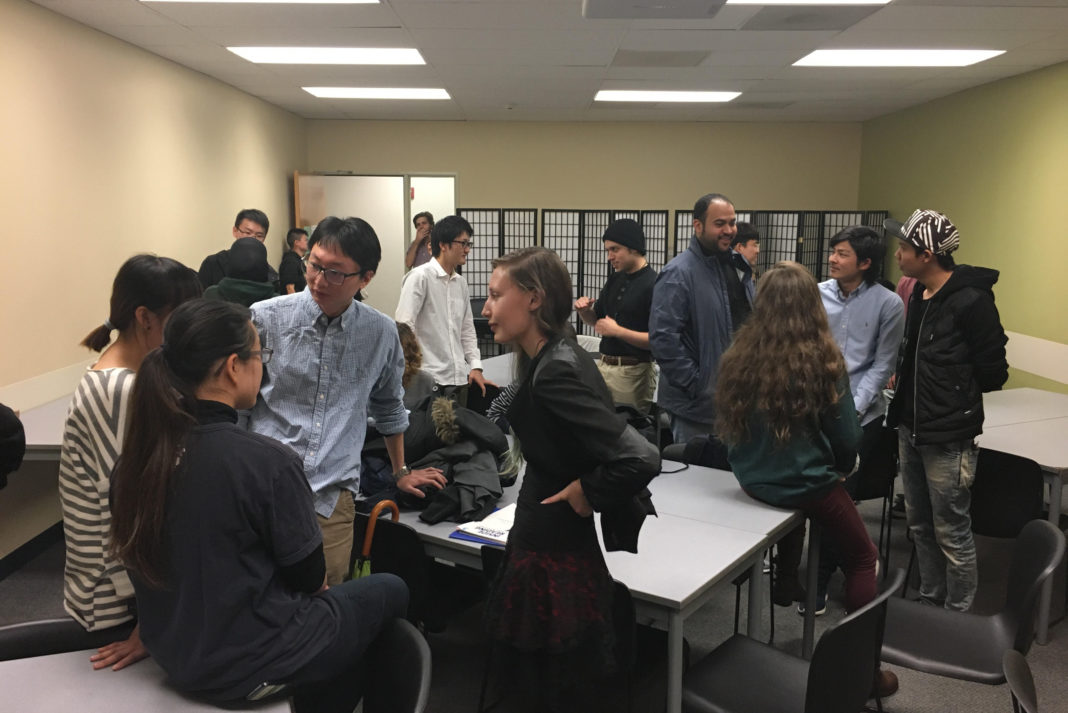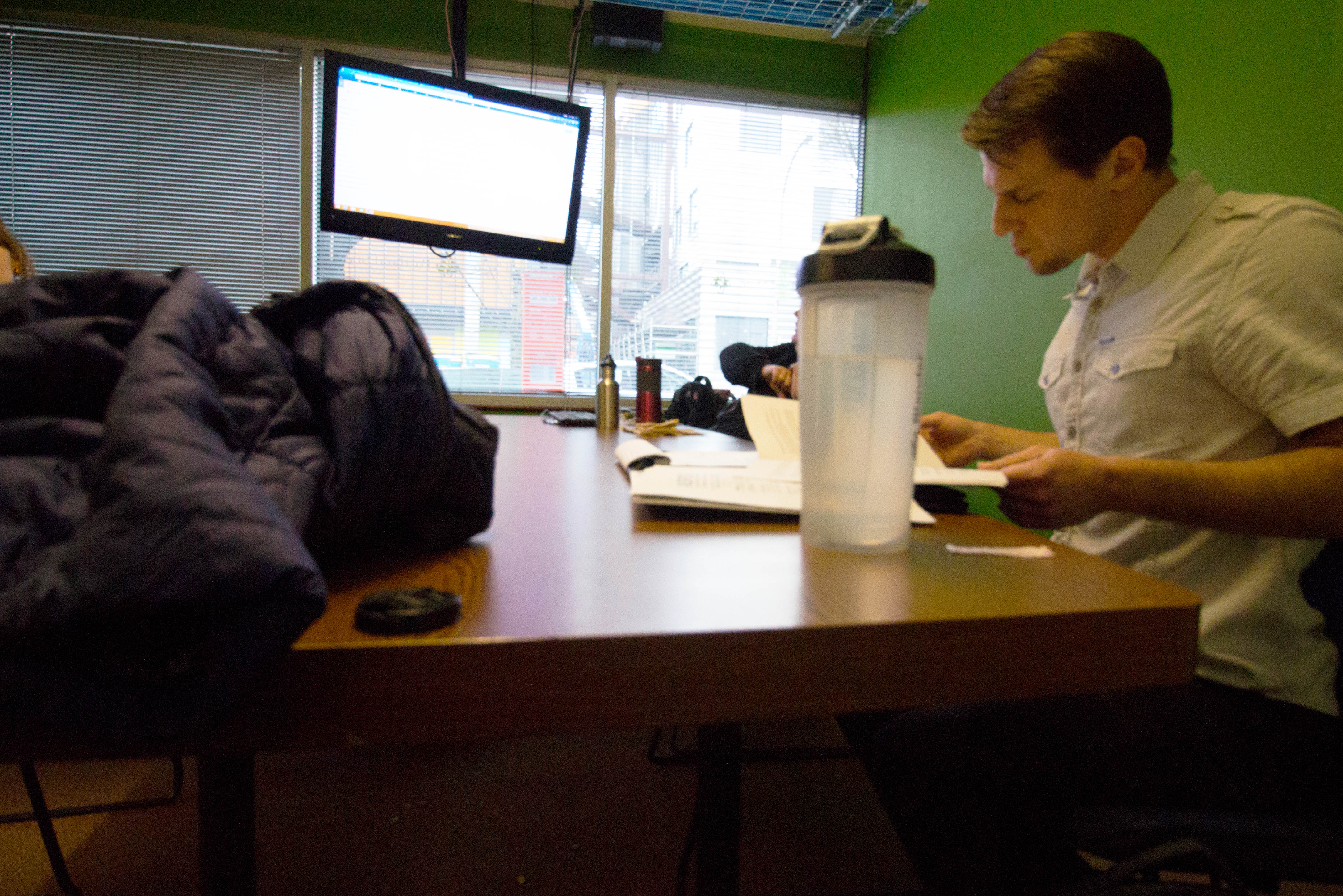Students at Portland State University who may be navigating mental health problems do not need to look far for support. Portland State’s College of Education houses the university’s Community Counseling Clinic, which offers affordable costs for services provided by pre-licensed counselors under the guidance and supervision of licensed professionals.
This dynamic not only allows more people in need to access crucial services, but also allows establishing therapists to garner the critical experience of working with real clients, an essential step in becoming fully licensed.
“I wish I could somehow help the clients to understand that you’re not in just one counselor’s hands you’re in like, three counselors’ hands, and all of us are really good at our job, and we’re constantly making sure you’re cared for,” said April Dodson-Ferris, the Director of Portland State’s Counseling Clinic.
According to Dodson-Ferris, the clinic is made up of between 30 and 40 student-counselors. All of these counselors have completed relevant educational requirements for their positions, though their exact experience level varies.
“They’re graduate students, and they’ve received one to two years of training before they move into the clinic to start seeing clients,” Dodson-Ferris said. “[They’re all in] pre-licensure. Some of them are interns in their third year, and then some of them are practicum students in their second year of the program.”
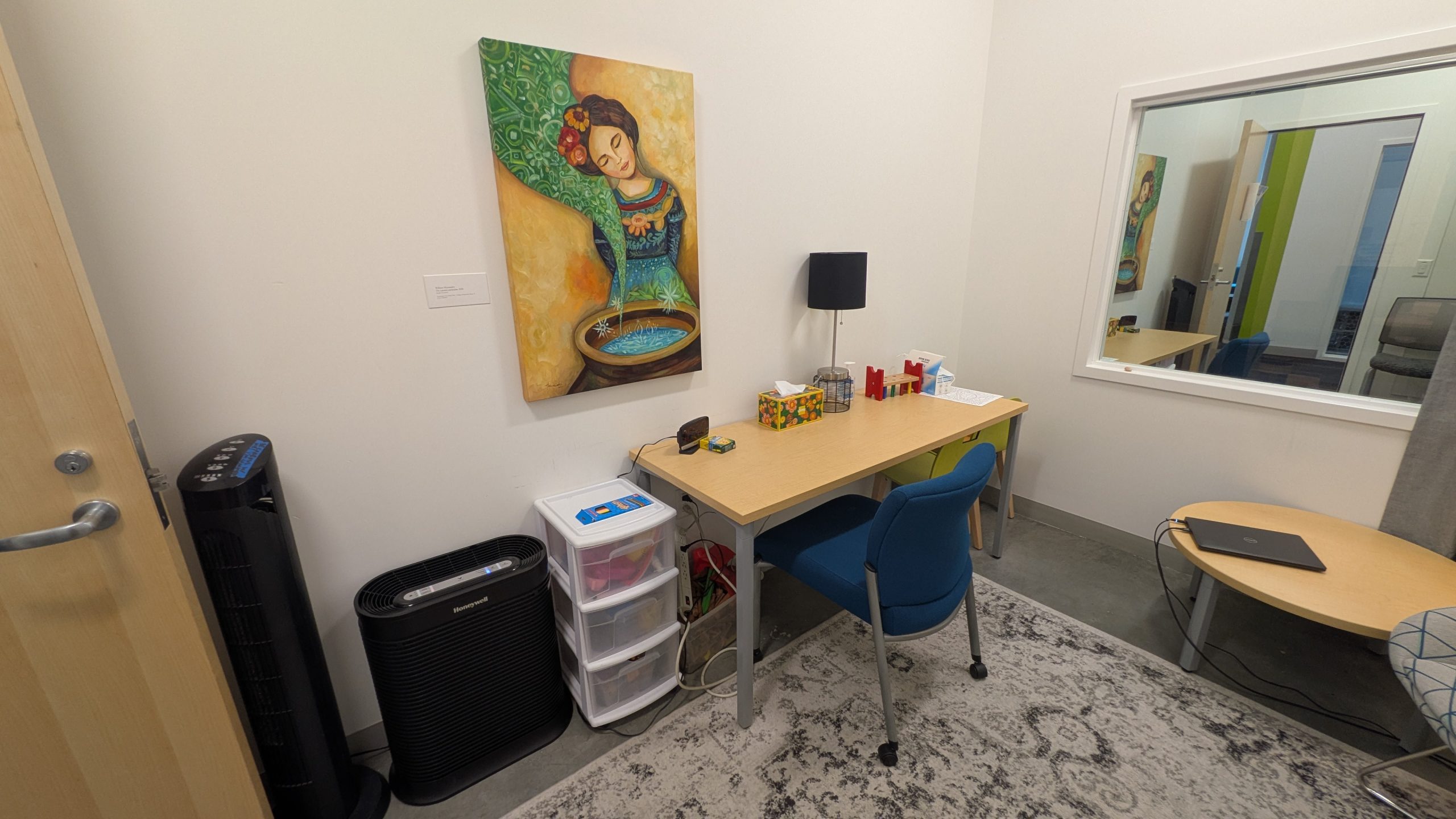
Even as student-counselors, many workers at the clinic are operating with people who may experience serious or overlapping mental health issues.
“We’re teaching all of these students to be counselors,” Dodson-Ferris said. “From their first year, they’re learning what it looks like to work with complex mental health issues and co-occurring diagnoses. And everyone who works with the students is either a doctoral-level faculty member or a working clinician.”
The result is a real life training environment that is supportive while providing quality care. Students are never left without professional oversight, and learn the skills to adapt to a wide variety of mental health needs.
“My peer supervisor, when I served in practicum, is currently working with couples and doing, like, Sex Therapy,” said Virginia Hicks, a Second Year Rehabilitation Counselor at the clinic. “For instance, I’m studying rehabilitation counseling. So, [I’m] working with people [on their] professional and vocational goals.”
As well as general support, many of the student counselors pursue more specific areas of practice. Counselors within the clinic focused on sex therapy, trauma modality, rehabilitation and school counseling. Others may work with clients from the LGBTQIA+ community, or participate in therapy integrated with nature as a mental health treatment, which is supported by a partnership the clinic has with the Queer Resource Center (QRC). According to Dodson, the organizations partner up to offer run support groups for LGBTQIA+ students.
Despite all it does, the clinic’s day to day operations—and the broader availability of mental health support in Oregon—is facing a new uncertainty. Starting in July, the state of Oregon will no longer allow pre-licensed counselors to bill Oregon Health Plan (OHP)—the state’s version of Medicaid and a prominent source of medical coverage for low-income Oregonians.
“[This] will create a devastating gap in mental health care access—particularly for freelancers and lower-income residents who rely on the state insurance plan,” said Katy Swordfisk, PSU Media Relations Manager.
Dodson-Ferris provided us some insight when we asked about the changes.
“I wish that we weren’t putting mental health care in a place where it’s even less accessible when people seem to be needing it more and more, so I feel grateful that places like this exist so that we can try to bridge that gap,” Dodson-Ferris said.
We then asked Dodson-Ferris if increased demand for these services could cause issues like waitlists.
“I’m always happy to bring on more counselors to make sure that we minimize waitlists…” Dodson-Ferris said. “We have a lot of students who are willing to come in and support the community. I don’t foresee a waitlist problem in the future.”
In beginning therapy, many are at least slightly apprehensive about starting the journey. Dodson acknowledges that the hesitation is normal.
“I’d be surprised if someone was not just a little apprehensive about starting,” Dodson said. “You’re essentially meeting someone and saying, ‘Let me tell you the most vulnerable parts of who I am.’”
Despite the natural nerves, she still strongly believes in the support it creates.
“Therapy is magic,” Dodson said. “It’s the space in this world that belongs entirely to you. Your therapist is there to hold your grief, your sadness and your joy.”
The model the clinic has may also help break down the barriers for those who are intimidated by other more traditional approaches. Many of the student counselors are merely a few years older than the students they serve. This closeness may help in fostering comfort and relatability that is hard to find elsewhere.
“We’re here to just walk in and say, ‘We’ve had experience with this—how can we support you?’” Dodson-Ferris said.
Staff at the clinic cite a need for larger awareness and support—especially in times where state-level changes may threaten funding and access. However, those working at the clinic remain hopeful that the word will spread.
“It’s okay,” Dodson-Ferris said. “Eventually, we’ll get the word out there.”

